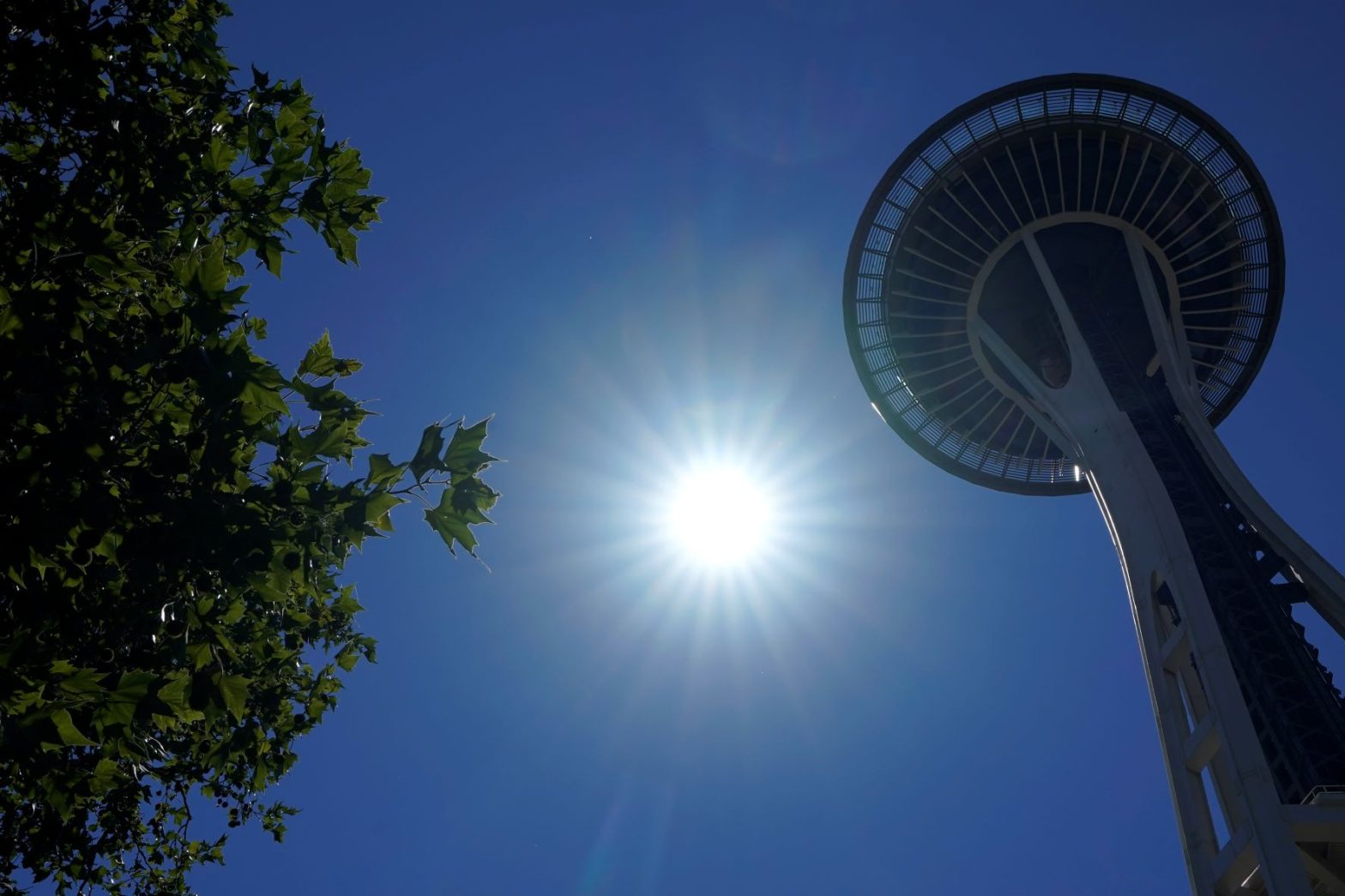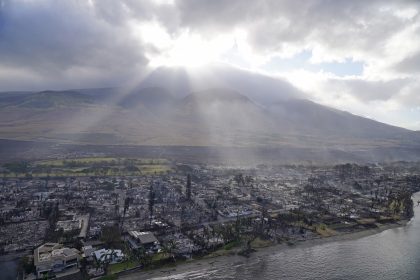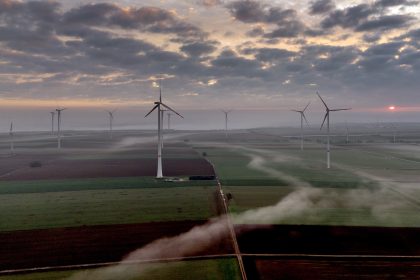Environmentalists Suggest Nature’s Solutions to Reduce Global Warming’s Impact

WASHINGTON — Environmentalists told a congressional panel Wednesday nature knows best how to combat the global warming that increasingly is predicted to devastate human populations.
Wetlands can protect against floods, more trees can get rid of greenhouse gas and plants can prevent topsoil runoff into waterways, they said during a House Science, Space and Technology subcommittee hearing.
Last year, natural disasters caused $145 billion in damage to the United States in a scenario expected to get worse, said Steven Thur, who directs coastal protection programs for the National Oceanic and Atmospheric Administration.
“Along the coast, sea level rise, hurricanes, harmful algal blooms, flooding and other ocean-related climate risks increasingly threaten people and infrastructure,” he said.
He was one of the advocates for nature-based solutions and infrastructure to restore balance to the environment. Other examples include planting more mangrove forests near waterways and protecting coral reefs that are the cradle for sea life.
The environmentalists described nature-based solutions as a practical addition to costly alternatives the U.S. and other governments are considering, such as wider use of nuclear energy and electric vehicles.
Some of the projects have already been built by the U.S. Army Corps of Engineers.
One of them is at Horseshoe Bend Island, Louisiana, where the Army Corps of Engineers built a mid-river island from silt dredged from nearby waterways. The island provides more than 80 acres of habitat and helps the deeper waterways to carry more water.
Another one is the Hamilton Airfield Wetlands Restoration Aquatic Ecosystem Restoration Project in California that restored 1,500 acres of wetlands and made the nearby coast more resilient to sea level rise.
Thur said that before nature-based solutions can become widely used, the U.S. government needs to study their benefits and how to encourage them.
He said, “Uncertainties in the value, performance, benefits and impacts of natural infrastructure are often cited as … barrier[s] to implementing natural infrastructure.”
Lawmakers on the Subcommittee on Environment generally supported nature-based solutions during the hearing but wondered where they would get the money to incorporate them into U.S. climate change policy.
Rep. Mikie Sherrill, D-N.J., chairwoman of the Subcommittee on Environment, said she has seen how flooding from hurricanes Irene in 2011 and Ida in 2021 overran communities in her home state of New Jersey, which intensified her interest in nature-based solutions.
“But the decision whether to use nature-based infrastructure is not always easy,” she said. “Decision-makers in New Jersey and across the country need to consider the costs and the benefits of traditional, engineered — or gray — infrastructure, natural infrastructure or a combination thereof.”
Todd Bridges, a senior research scientist for the Army Corps of Engineers, said cost and benefit uncertainties contribute to what he described as “hesitancy regarding [the] new engineering practice” of nature-based solutions.
Part of the answer for funding might have come Tuesday evening during President Joe Biden’s State of the Union address.
Referring to his plans for investing heavily to improve infrastructure, Biden said, “We’ll create good jobs for millions of Americans, modernizing roads, airports, ports and waterways all across America. And we’ll do it all to withstand the devastating effects of the climate crisis and promote environmental justice.”
He also mentioned his $1.9 trillion American Rescue Plan approved by Congress last year as an economic stimulus package. Biden said it “cut energy costs for families an average of $500 a year by combating climate change.”
Renewed warnings by the environmentalists about global warming were a weaker version of a more dire report two days earlier from the United Nations.
The report from the U.N.’s Intergovernmental Panel on Climate Change documented how global warming is exposing millions of people to water shortages, food insecurity and worsening natural disasters like hurricanes and flooding.
In addition, many animal and plant species are at a higher risk of extinction, the report said.
The Earth’s temperature already has increased by 2 degrees Fahrenheit over pre-industrial levels, according to the report.
Despite government pledges to reduce greenhouse gas emissions, they are on track to rise by 14% within a decade, the report says.
If Earth’s atmosphere warms by 3.6 degrees, snowmelt will drop by 20%, which would devastate agriculture and lead to widespread food shortages, the report said. At the current rate, the atmosphere is likely to reach the 3.6-degree mark by mid-century.
Tom can be reached at [email protected]
























